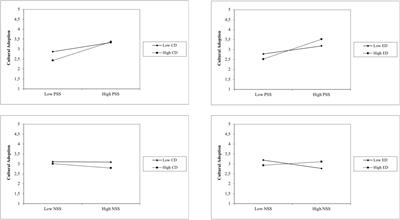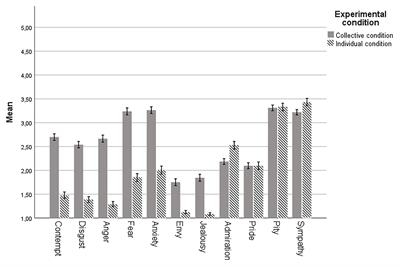EDITORIAL
Published on 19 Jul 2021
Editorial: Stereotypes and Intercultural Relations: Interdisciplinary Integration, New Approaches, and New Contexts

doi 10.3389/fpsyg.2021.728048
- 21,019 views
- 6 citations
14k
Total downloads
131k
Total views and downloads
Select the journal/section where you want your idea to be submitted:
EDITORIAL
Published on 19 Jul 2021

ORIGINAL RESEARCH
Published on 17 Jun 2021

ORIGINAL RESEARCH
Published on 31 May 2021

ORIGINAL RESEARCH
Published on 23 Mar 2021

ORIGINAL RESEARCH
Published on 04 Mar 2021

ORIGINAL RESEARCH
Published on 11 Feb 2021

ORIGINAL RESEARCH
Published on 05 Feb 2021

HYPOTHESIS AND THEORY
Published on 21 Jan 2021
HYPOTHESIS AND THEORY
Published on 12 Jan 2021

ORIGINAL RESEARCH
Published on 11 Jan 2021

ORIGINAL RESEARCH
Published on 21 Dec 2020

ORIGINAL RESEARCH
Published on 18 Dec 2020

